Large companies embrace CR reporting; need to improve quality: KPMG
Updated: Jan 17, 2014 02:42:34pm

“Reporting on corporate responsibility (CR) is evolving as a standard business practice in India, undertaken by almost three quarters (73 per cent) of large Indian companies,” according to the 2nd KPMG India Corporate Responsibility Reporting Survey released yesterday.
CR also referred to as ‘sustainability’ or ‘business responsibility’ looks at the ethical, environmental and social aspects of business beyond the financial parameters.
Speaking on the occasion, Head of KPMG Climate Change and Sustainability Services in India, Raajeev Batra said, “The need for business transparency and accountability is felt greater than ever. Regulations like Clause 55 (Business Responsibility Reporting) of the listing agreement and CSR disclosure under the new Companies Act will drive the reporting agenda in India. It is no more a choice for companies to report or not to report.”
The survey analyzed companies for quality of reporting through a scoring criteria on seven key aspects of reporting – strategy, risk and opportunity; materiality; targets and indicators; suppliers and value chain; stakeholder engagement; governance for CR; transparency and balance. Indian CR reports score 40 out of maximum possible 100 on quality of reporting as compared to score of 59 by global 250 large corporations.
Offering his comments, Technical Director (Climate Change and Sustainability) of KPMG, Santhosh Jayaram said, “Indian companies should now focus on ‘what to report on CR?’ and ‘how to report on it?’ to enhance the quality of CR disclosure. Linking business priorities with stakeholder expectations and concerns through a robust materiality determination process is vital to integrate CR in corporate strategy. Targets and goals on material issues have to be backed up with solid CR management plans.”
The 2013 edition of the KPMG India survey supplements the 8th KPMG International survey, published first in 1993. The India survey is the most comprehensive research on CR reporting in India and covers top 100 listed companies by revenue (N100).
CR reporting in India largely assumes the form of limited discussion on community development and/or environmental protection initiatives as disclosed by companies in their annual reports and websites. Based on KPMG India survey the number of N100 companies which use standard frameworks to report in CR is 45 and 31 companies have separate reports comprehensively covering aspects of CR strategy, governance, targets and commitments, and performance.
The KPMG India Corporate Responsibility Reporting Survey 2013 explored the quantitative and qualitative trends of CR reporting among the N100.
Among its findings are that Information Technology (IT) sector is among the leading sectors with all N100 IT companies producing separate CR reports while the Financial Services sector lags with no separate CR reports.
Also, 71 per cent of CR reports reckon Climate Change as a key environmental and social change (or ‘sustainability megaforce’) that will impact businesses while Energy and Fuel, Water scarcity and Material resource scarcity are other key megaforces discussed.
Further, more companies identify business opportunities (71 per cent of CR reports) related to CR indicating that it is now viewed as value driver apart from the traditional linkage of CR to primarily manage reputation or brand value.
However, only one in four N100 CR reports (26 per cent) establish the linkage of how stakeholder inputs are considered in identifying critical issues for long term sustainability of the company.
Significantly, identification and reporting on supply chain environmental and social issues is low among N100 companies with 71 per cent of CR reports having no disclosure on these issues.
Further, CR is moving up to the Board level and almost half of N100 CR reports (49 per cent) identify that the Board (or Board level committee) or CEO (or equivalent) hold ultimate responsibility for CR agenda. However, reporting on linkage of CR performance to executive remuneration is very low.
Finally, only 1 in 5 (19 per cent) CR reports are more balanced with in-depth discussion on key challenges and dilemmas.
This KPMG India survey is designed to present the evolving Corporate Responsibility (CR) reporting trends in India and their implications on businesses. The publication is intended to provide business leaders, CR/sustainability professionals, investors, regulators and other interested stakeholders with key insights on Indian CR reporting drivers, trends and benchmarks.
This survey is one of the most comprehensive research publications on CR reporting in India that not only presents quantitative reporting trends but also for the first time, critically examines and discusses trends on the quality of CR reporting in India.
The survey was divided into two parts. While part I covered India CR reporting trends, part II covered quality of CR reporting in India. (KNN/ES)

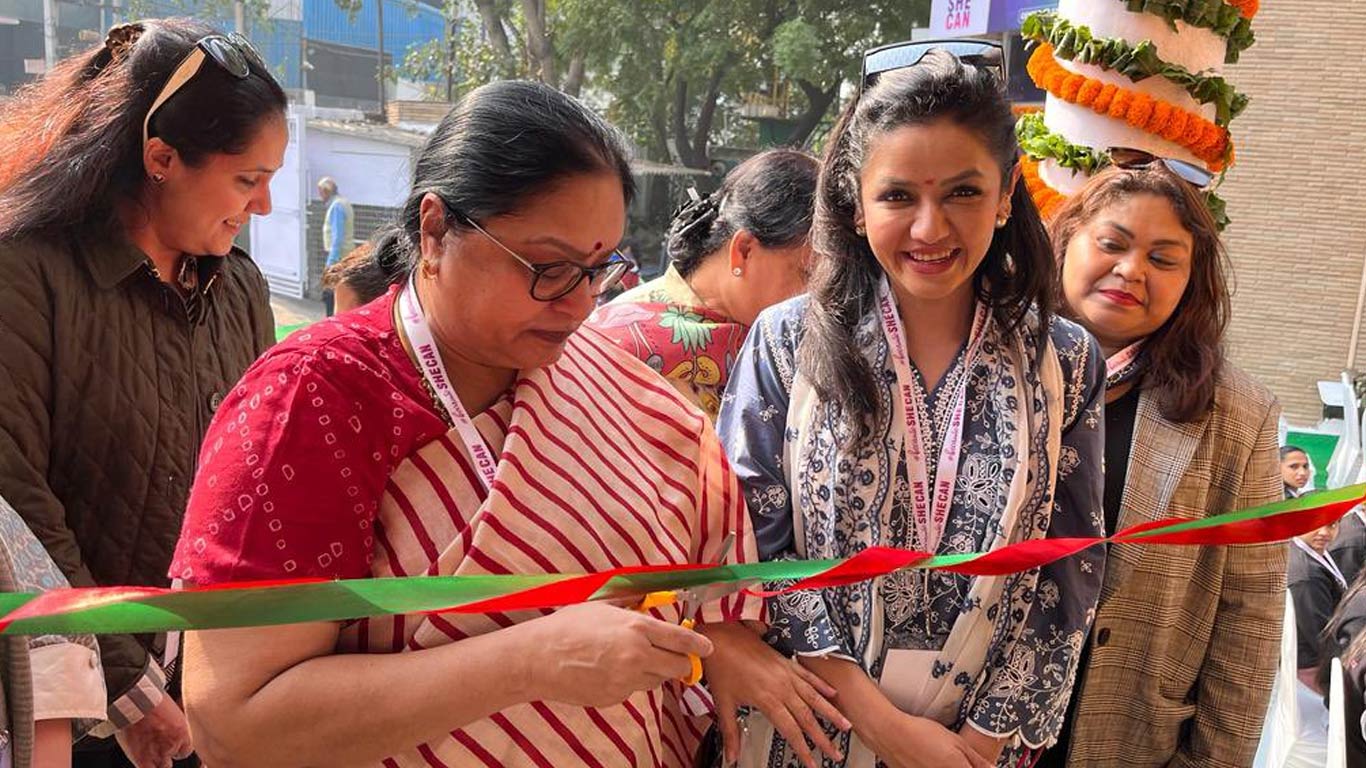
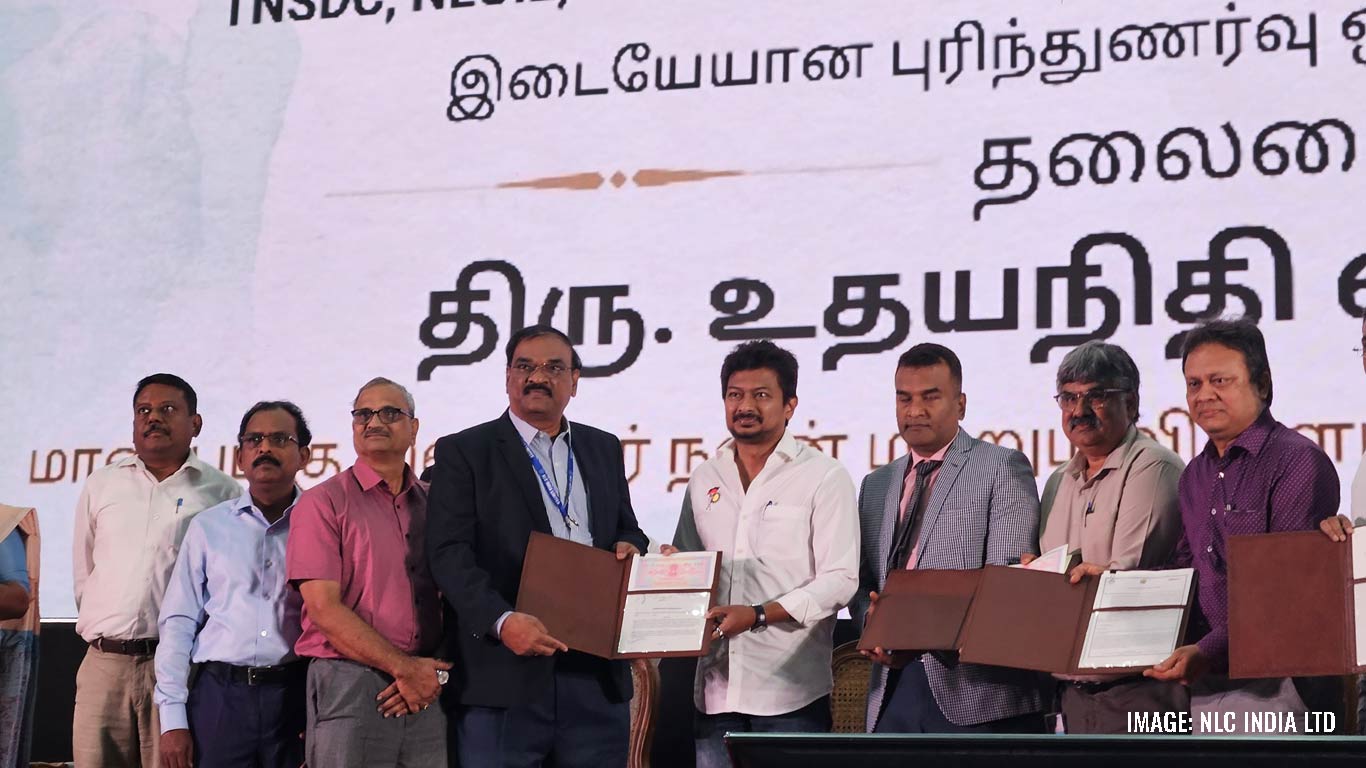
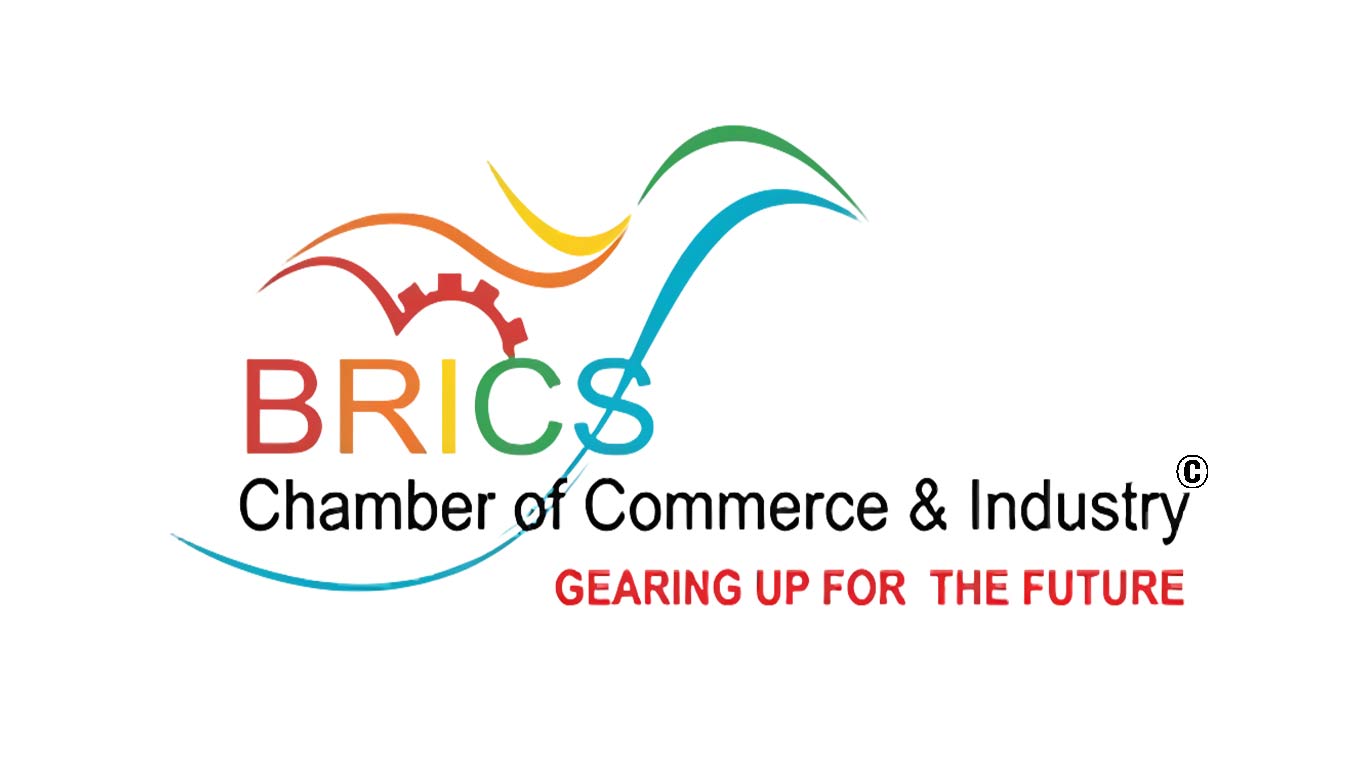
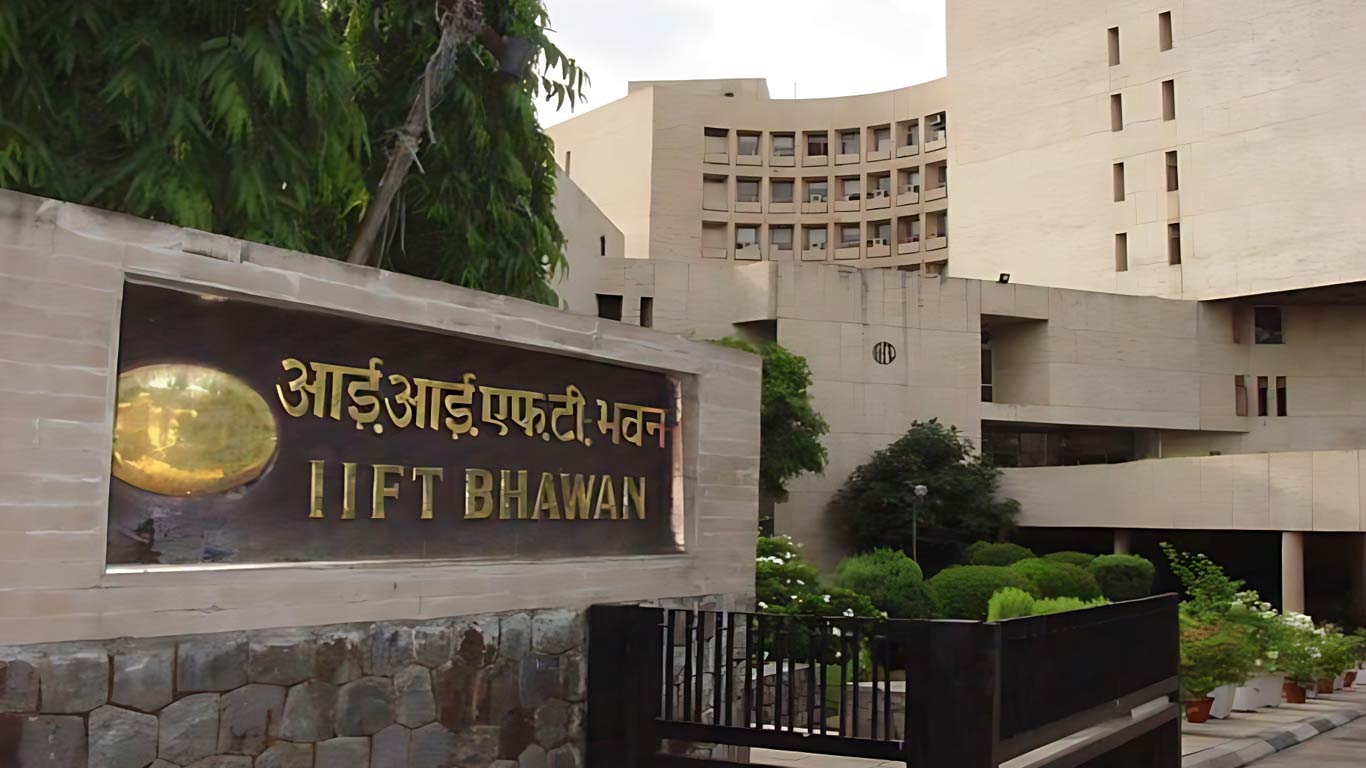
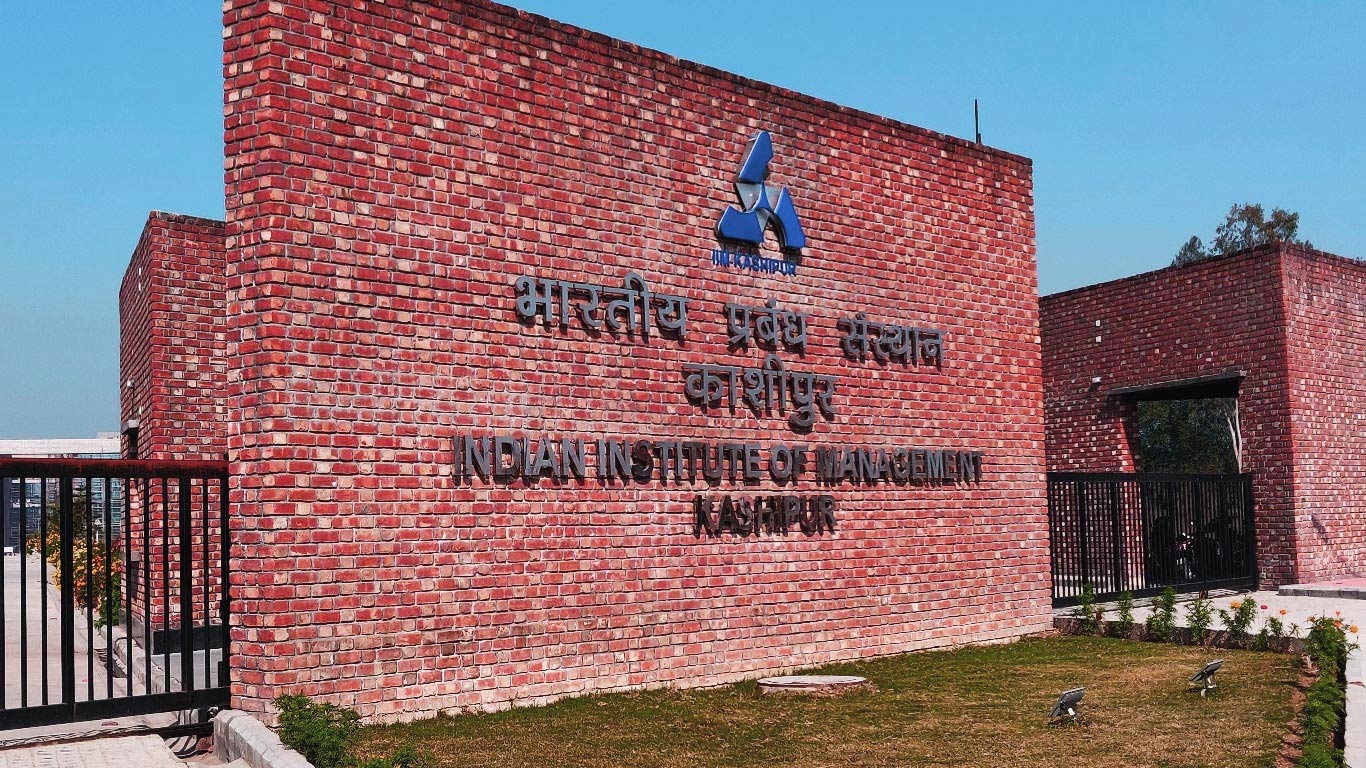





